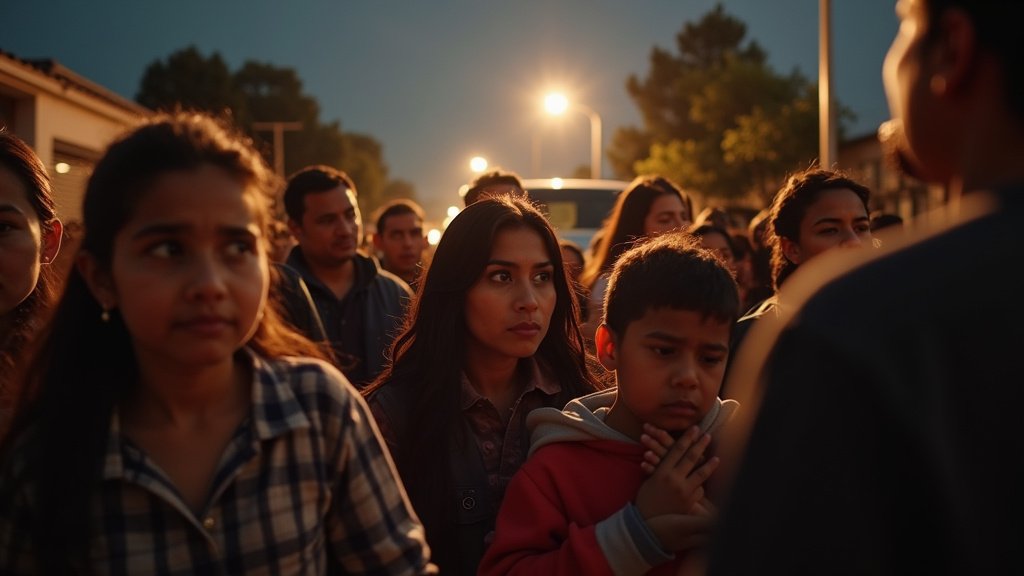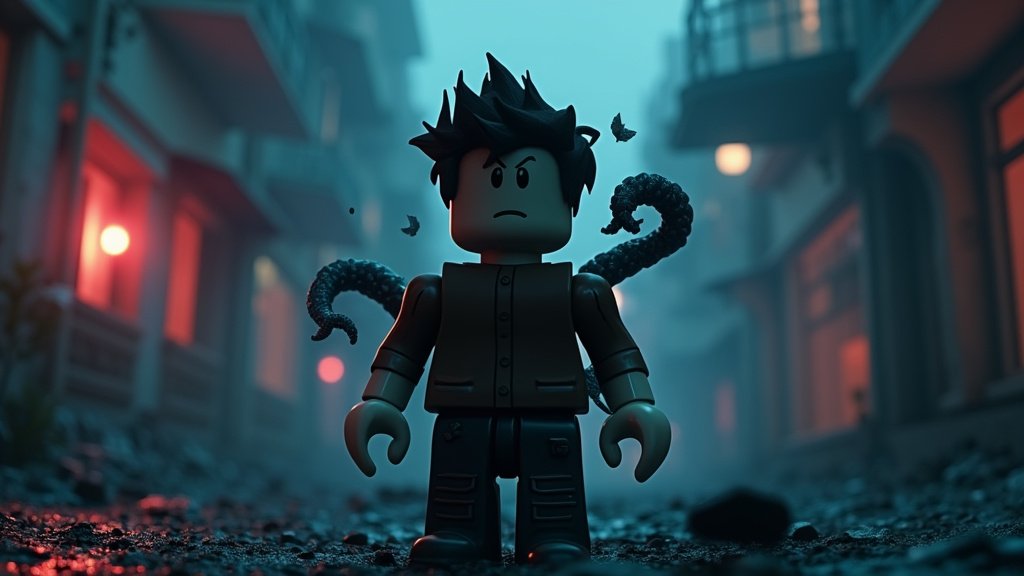The U.S. Supreme Court has lifted significant restrictions that previously barred federal agents from conducting immigration-related raids in Los Angeles based on broad criteria such as race, language, or occupation. This pivotal decision, celebrated by the Trump administration as a victory, has ignited widespread fear within immigrant communities across the Los Angeles area, even as local leaders and residents express defiance.
Supreme Court’s Decision Opens Door for Aggressive Raids
The Supreme Court, in a 6-3 decision, overturned a restraining order issued by a federal judge. This order had previously prevented immigration agents from stopping individuals based solely on factors like apparent race or ethnicity, speaking with an accent, their presence at certain locations (such as car washes or Home Depot parking lots), or their type of job. U.S. District Judge Maame E. Frimpong had cited a “mountain of evidence” that these enforcement tactics were leading to indiscriminate arrests and violating constitutional rights, including instances where U.S. citizens were swept up in these operations. However, the Supreme Court’s conservative majority, in an emergency appeal, stayed this injunction, allowing federal agents to resume operations that critics argue permit racial profiling. Justice Sonia Sotomayor, in a stinging dissent, warned that the decision “subjects countless more” individuals to indignities based on their appearance and accent.
The Department of Homeland Security (DHS) has signaled an aggressive stance following the ruling, with officials vowing to “flood the zone” in Los Angeles with immigration enforcement operations. This declaration has amplified concerns among immigrant advocates and residents about a potential surge in raids and detentions.
Heightened Fears Grip Immigrant Communities
The lifting of these restrictions has sent waves of anxiety and dread through Los Angeles County, a region where one in three residents is an immigrant. Families fear increased racial profiling and the disruption of their livelihoods, with many reporting a pervasive sense of fear and apprehension. Mental health professionals have noted a significant increase in stress, anxiety, and trauma among Latino patients since immigration raids intensified.
Raids that occurred prior to the restraining order led to thousands of arrests and significant business disruptions, particularly in Latino communities. While the administration claimed these operations targeted “the worst of the worst,” analyses from media outlets indicated that a majority of those arrested had no criminal convictions.
Official Reactions and Community Solidarity
Los Angeles Mayor Karen Bass has vehemently condemned the Supreme Court’s decision, labeling it “dangerous” and “an attack on every person in every city in this country.” She has directed city departments to bolster protocols that prohibit the use of municipal resources for federal immigration enforcement and to expand access to resources for impacted families.
California Governor Gavin Newsom also criticized the ruling, stating the Supreme Court majority had “become the Grand Marshal for a parade of racial terror in Los Angeles.” Immigrant rights groups, including the ACLU, have denounced the decision, emphasizing that the lawsuit challenging the tactics will continue in lower courts.
Amidst this heightened tension, the annual Mexican Independence Day parade in East Los Angeles proceeded on Sunday, September 14th, with a strong sense of defiance and pride. Despite lingering fears and some reports of smaller crowds, participants waved Mexican flags and expressed solidarity. Mayor Bass attended the event, reiterating her opposition to the raids and her support for the city’s Latino constituents.
Ongoing Legal Battles and Future Implications
The Supreme Court’s decision, while a temporary victory for the administration, does not represent a final ruling on the constitutionality of these enforcement tactics. The underlying lawsuit, which argues that the profiling practices violate the Fourth Amendment, will continue to be litigated in lower courts, with further hearings scheduled.
The current news surrounding these immigration raids remains a trending topic, reflecting ongoing concerns about civil liberties and the impact of federal enforcement policies on communities across Los Angeles and the nation. The “flood the zone” strategy and the court’s decision signify a new, more aggressive phase in immigration enforcement, prompting continued vigilance and resistance from immigrant communities and their allies in Los Angeles.





